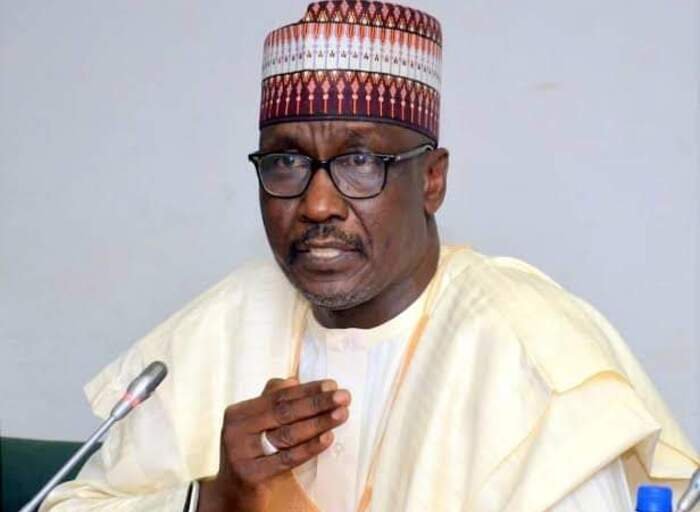
Addressing State House correspondents after the council meeting chaired by President Muhammadu Buhari, Finance Minister Kemi Adeosun said the World Bank had already given $500m loan repayable over 21 years at concessional rate.
She said the African Development Bank would provide $450 million loan; KfW Development Bank, $200 million and the French Development Agency, $130m.
She explained that the credit facilities would enable the Development Bank of Nigeria to lend to Micro, Small and Medium Enterprises over much longer periods at much lower rates.
The minister, who recalled that the Development Bank of Nigeria was recently licensed, said it was being funded by long term loans from some development partners.
Adeosun said the legal opinion of the Attorney-General of the Federation and the approval of the National Assembly were required to access the loans.
Asked to comment on the nation’s rising debt profile, she said the journalists’ question should be what were the monies being borrowed for.
“Currently, out debt to GDP ratio is just 13%; while many African countries are 60 and in the West, some have a 100% and above. So, the question is what are the loans being used for and it will actually generate growth in the economy…We are very specific on what we’re borrowing for.
We’re borrowing for things that will generate wealth in the economy. Take this loan, for instance, $1.3billion, 45% of Nigeria’s economy is SMEs and only 10% can get loans at the moment. It’s either they don’t have loans and they’re asked to go and bring one document and the other that they don’t have or the interest is so high.
“In other countries like Brazil, about 99% of the SMEs have bank loans. Majority of smaller businesses in Nigeria today are under-capitalised. So they can make much more money if they’ve long term, cheap funding and that will make them profitable and they’ll then pay more taxes which will be used to service the loans,” she explained.
The minister also noted that “We have to borrow, we don’t have a choice. These are concessional loans with interest of two percent in some cases for 21 years. You can’t get that kind of money anywhere in the world and it is going directly to the people that need it.”










